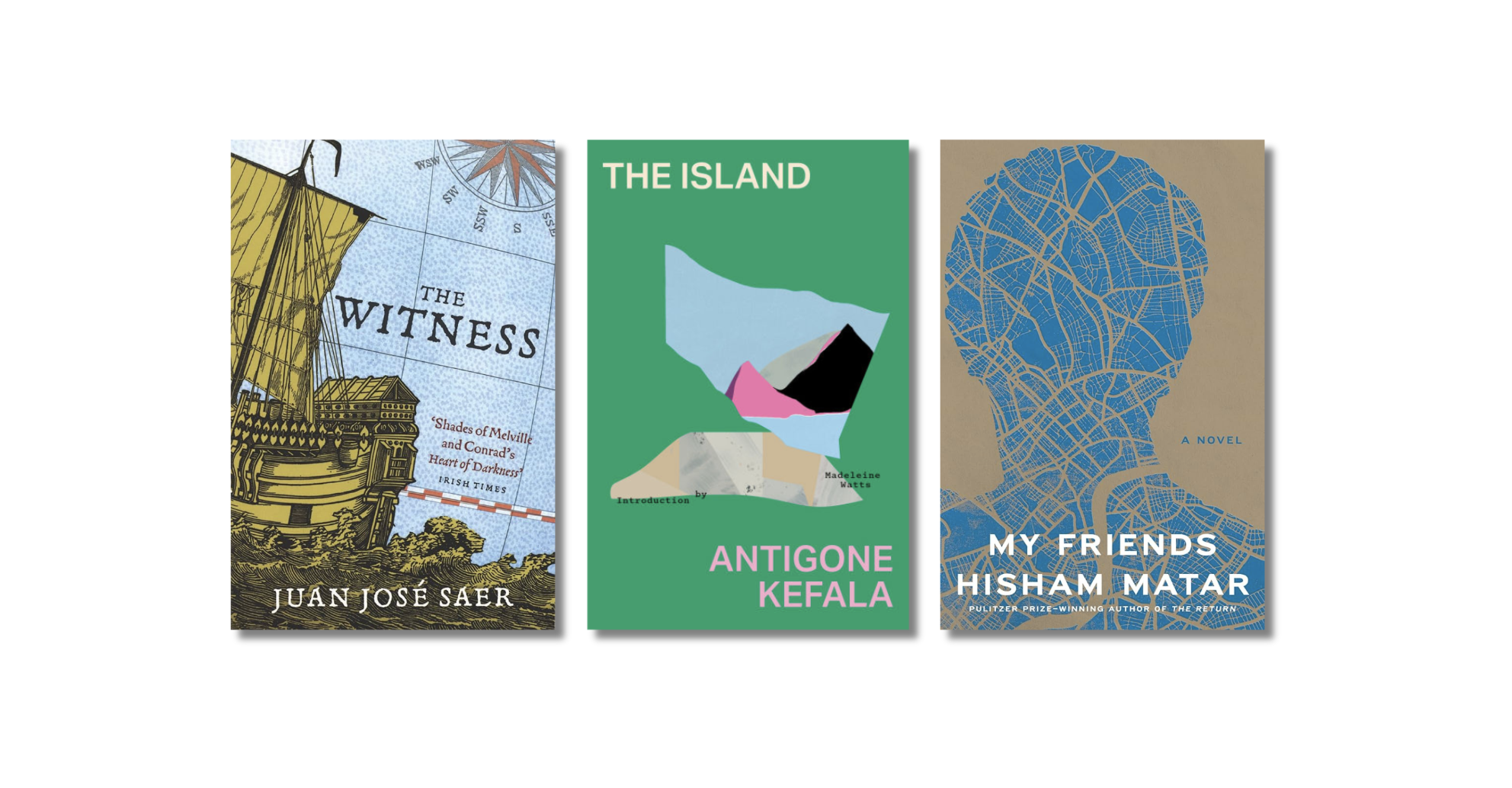Earlier this year, I stopped writing down the titles of the books I read. It seemed that I had been living one drawn-out period—a very long day—because I have a baby and the days repeat, in strict routine and exhaustion, and also because I have spent a good amount of this year watching the killing of babies and their parents and grandparents and aunts and uncles and cousins, repeatedly, in always the same circumstances of seeking shelter or fleeing or lining up for aid. It seems that I have been waiting for this year to end—that I am living on pause until there is some relief. For this reason, habits that used to mark and distinguish time have disintegrated, among them my decade-old routine of making lists of books I’ve read, with stars for those I’ve loved, and double stars for those I want to read again.
So the books that now come to mind, without any written or visual aide—I’m typing this away from my bookshelves—are perhaps all the more remarkable for having disrupted the monotony of my year.
In the first months of the war, I wrote to a friend that reading Hisham Matar’s My Friends was bringing me daily hours of joy, and hope. Matar’s works have always inspired me in their intense humanity, their ability to retain mystery and intimacy.
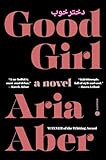 Another joyful reading experience was the poet Aria Aber’s debut novel Good Girl, a coming of age story set in Berlin, in night clubs and Afghan bakeries and cold, clean European trains: this book made me feel alive.
Another joyful reading experience was the poet Aria Aber’s debut novel Good Girl, a coming of age story set in Berlin, in night clubs and Afghan bakeries and cold, clean European trains: this book made me feel alive.
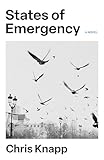
 I was floored by Chris Knapp’s debut, States of Emergency, about a couple undergoing fertility treatment in Paris. I had to put it aside frequently because I was so moved to write. I had a similar experience reading Guadalupe Nettel’s Still Born, a novel so perfect it is hard to imagine it didn’t appear fully-formed to its author.
I was floored by Chris Knapp’s debut, States of Emergency, about a couple undergoing fertility treatment in Paris. I had to put it aside frequently because I was so moved to write. I had a similar experience reading Guadalupe Nettel’s Still Born, a novel so perfect it is hard to imagine it didn’t appear fully-formed to its author.
 In the summer, during my daughter’s naps, I read Jenny Erpenbeck’s Kairos, and it has rooted itself in my mind among the scorching heat of a Turkish August, somehow perfect for the tempestuous relationship that it explores.
In the summer, during my daughter’s naps, I read Jenny Erpenbeck’s Kairos, and it has rooted itself in my mind among the scorching heat of a Turkish August, somehow perfect for the tempestuous relationship that it explores.
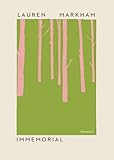 On a book tour that took me to Dallas, I read Lauren Markham’s upcoming Immemorial, a book-length essay about our need to grieve, memorialize, and to name. I was staying on the twentieth floor of a hotel overlooking many highways. The city had always seemed mythical to me, because of the television series my aunts and grandmothers watched during my childhood, and I hoped to see some glimmer of this mythical place, though I mostly saw looping roads. Markham’s book loops around our human instinct to remember and honor. Its sense of deep time and contemplation anchored me in my abstracted geography.
On a book tour that took me to Dallas, I read Lauren Markham’s upcoming Immemorial, a book-length essay about our need to grieve, memorialize, and to name. I was staying on the twentieth floor of a hotel overlooking many highways. The city had always seemed mythical to me, because of the television series my aunts and grandmothers watched during my childhood, and I hoped to see some glimmer of this mythical place, though I mostly saw looping roads. Markham’s book loops around our human instinct to remember and honor. Its sense of deep time and contemplation anchored me in my abstracted geography.
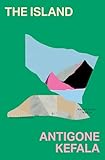 In that same high-up hotel room, I read Antigone Kefala’s 1984 The Island, which will be reissued next year by Transit Books. This is a tiny, strange novel about a young woman of Greek descent falling in and out of love in Sydney. I pulled a muscle in my back the day I started reading it, which helped me to truly focus on its off-kilter narrative as a way of taking my mind off the pain and it was a memorable reading experience.
In that same high-up hotel room, I read Antigone Kefala’s 1984 The Island, which will be reissued next year by Transit Books. This is a tiny, strange novel about a young woman of Greek descent falling in and out of love in Sydney. I pulled a muscle in my back the day I started reading it, which helped me to truly focus on its off-kilter narrative as a way of taking my mind off the pain and it was a memorable reading experience.
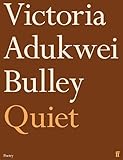 On another book tour, I read Victoria Adukwei Bulley’s poetry collection Quiet, which served as a perfect reminder that the anxiety and egotism surrounding the publication of one’s own novel will quickly seem petty alongside the craft, energy and silent revolution of a beautiful poem.
On another book tour, I read Victoria Adukwei Bulley’s poetry collection Quiet, which served as a perfect reminder that the anxiety and egotism surrounding the publication of one’s own novel will quickly seem petty alongside the craft, energy and silent revolution of a beautiful poem.
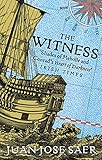 It also felt like a silent revolution to read my first ever book by Juan José Saer. The Witness is about a young cabin boy who is taken hostage by a cannibalistic tribe. This book made me nostalgic for a certain kind of literature, inventive and direct, metaphysical and simple. And it reminded me of a time when I wanted to write fictional travelogues from the point of view of male characters and to this day I am trying to understand why that was.
It also felt like a silent revolution to read my first ever book by Juan José Saer. The Witness is about a young cabin boy who is taken hostage by a cannibalistic tribe. This book made me nostalgic for a certain kind of literature, inventive and direct, metaphysical and simple. And it reminded me of a time when I wanted to write fictional travelogues from the point of view of male characters and to this day I am trying to understand why that was.
 Another “travelogue” I read this year was Samantha Harvey’s Orbital, set in outer space. In the brief, intense experience of peering down at the Earth with Harvey’s astronauts, I felt great tenderness for humans, and for everything that we are destroying.
Another “travelogue” I read this year was Samantha Harvey’s Orbital, set in outer space. In the brief, intense experience of peering down at the Earth with Harvey’s astronauts, I felt great tenderness for humans, and for everything that we are destroying.
More from A Year in Reading 2024

